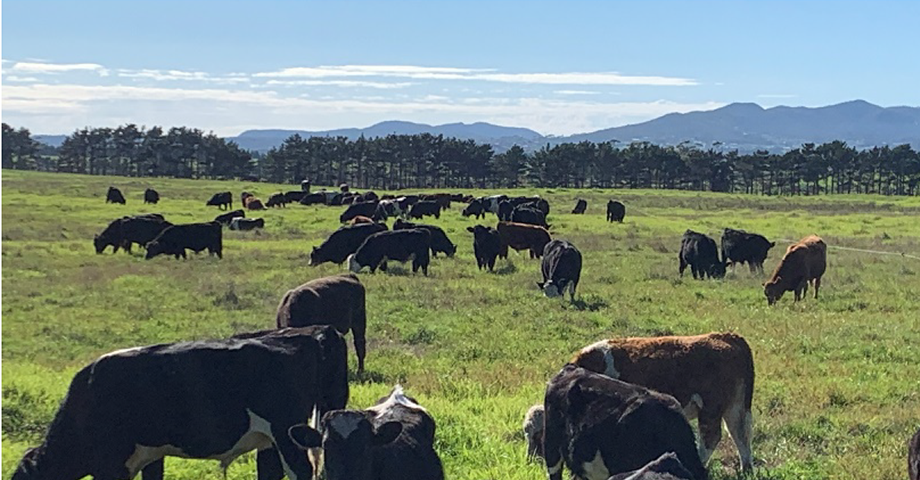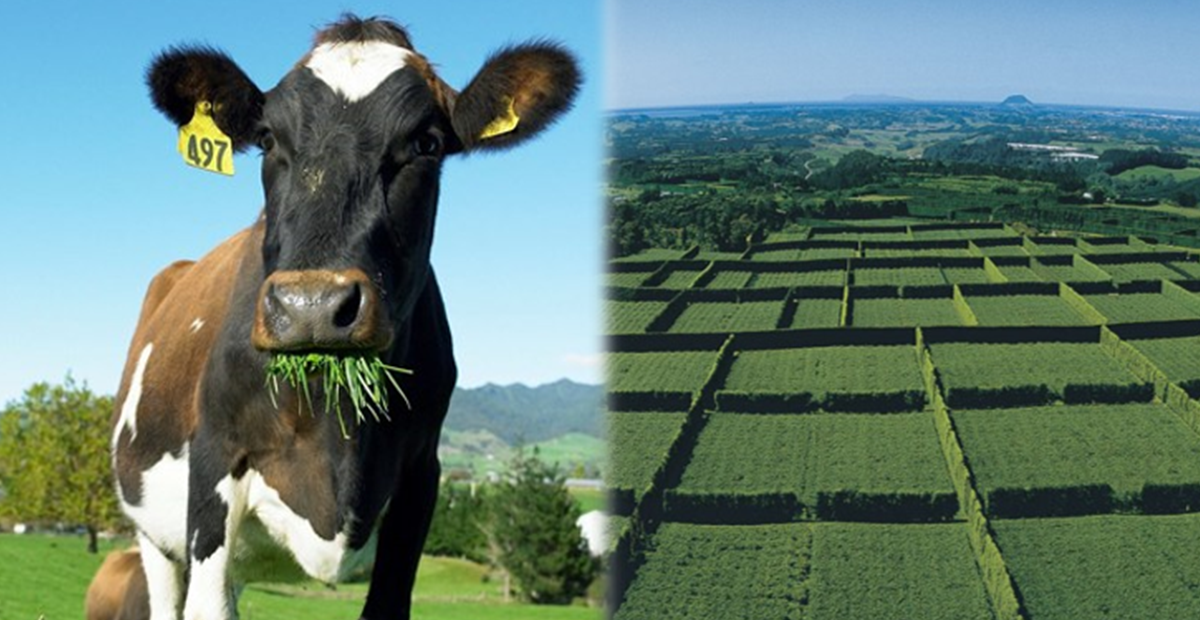
Executive summary
Farm planning has emerged as a critical tool for New Zealand’s sheep and beef sector, enabling farmers to better manage resources, drive financial sustainability, and navigate both regulatory and voluntary environmental standards. While farm planning holds significant potential for supporting sustainable farming, adoption remains uneven, leading to a fragmented approach that limits widespread impact and effectiveness across the sector. Significant value and opportunities in farm planning for the New Zealand sheep and beef sector exist.
This research seeks to demonstrate how non-regulatory farm planning benefits sheep and beef farmers via a framework for managing resources and identifying opportunities. Key objectives include pinpointing essential elements of effective farm planning, analysing adoption barriers, assessing perceived financial gains, and crafting strategic recommendations to promote engagement and uptake across the sector.
The study gathered insights through a review of literature, digital surveys and semi-structured interviews with Lower North Island sheep and beef farmers, alongside stakeholders such as banks, regional councils, and industry advisors. This mixed-method approach enabled a small-scale detailed analysis of current farm planning practices, drivers and barriers to adoption, and stakeholder perspectives on fostering sector-wide engagement.
Some key findings are:
- Farm planning supports sustainable outcomes by enhancing decision-making, environmental stewardship, and financial outcomes. While many farmers recognise these benefits, varying engagement levels suggest that perceived financial returns differ significantly, impacting broader adoption across the sheep and beef sector.
- Stakeholder influence, especially industry bodies and consultants, is pivotal in driving farm planning, providing resources and guidance that underscore its value.
- Key barriers include time and cost constraints, access to information, experts and processes, regulatory complexity, and uncertainty around evolving compliance standards.
Some recommendations for farmers and stakeholders are:
- Standardise farm planning formats to develop a unified, agreed integrated framework that reduces duplication and simplifies planning for farmers covering the range of farm resources.
- Engage stakeholders through collaboration with industry and community partners to leverage existing farm data and create a cohesive, actionable plan.
- Advocate for digital tools that facilitate easy creation, updating, and sharing of farm plans, and reduce duplication.
- Demonstrate the value of non-regulatory farm planning to inspire peers and demonstrate the real-world benefits, reinforcing a shared commitment to sector-wide improvement.
Rachel Joblin




